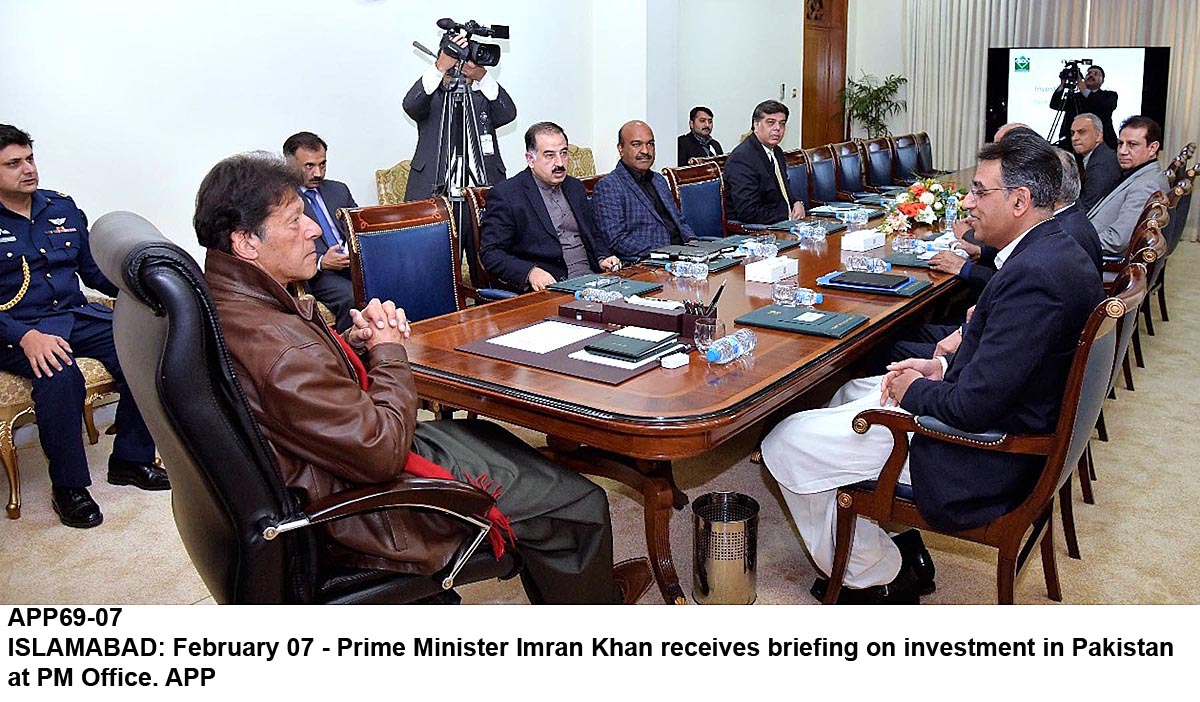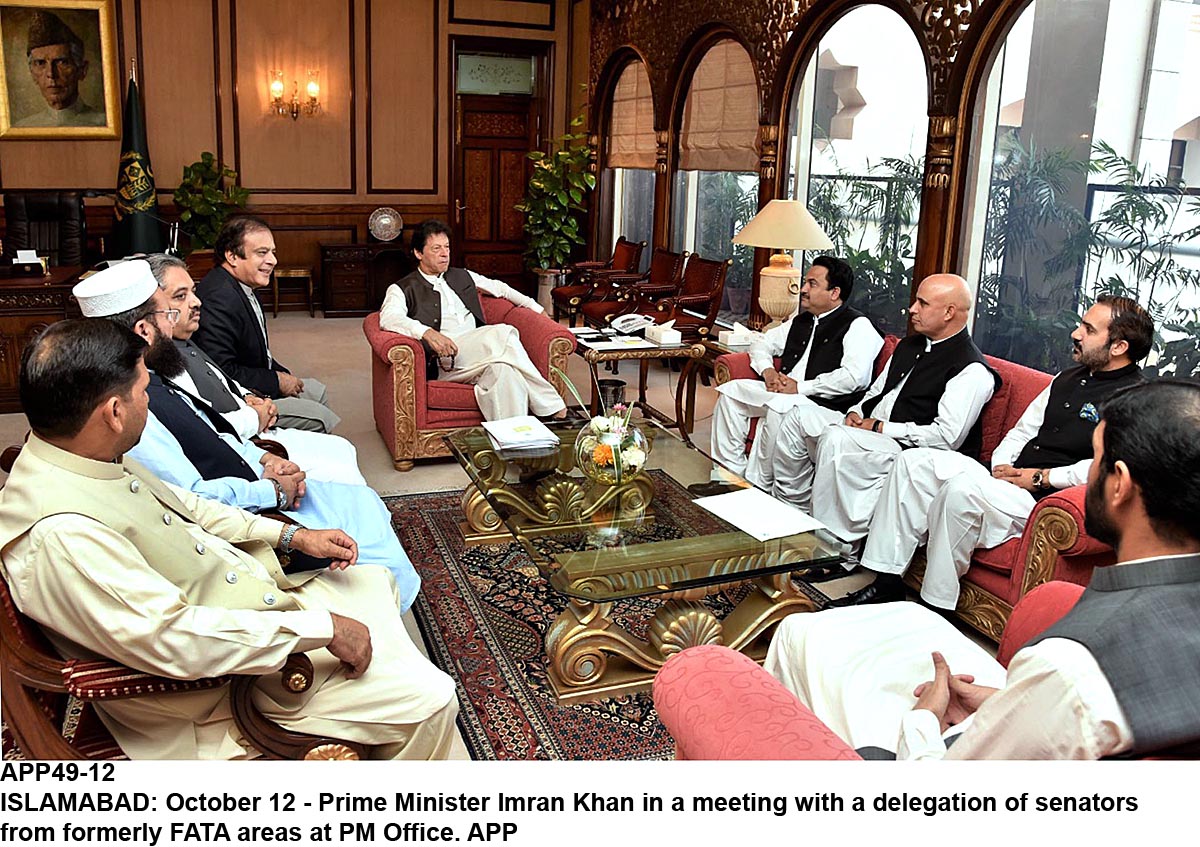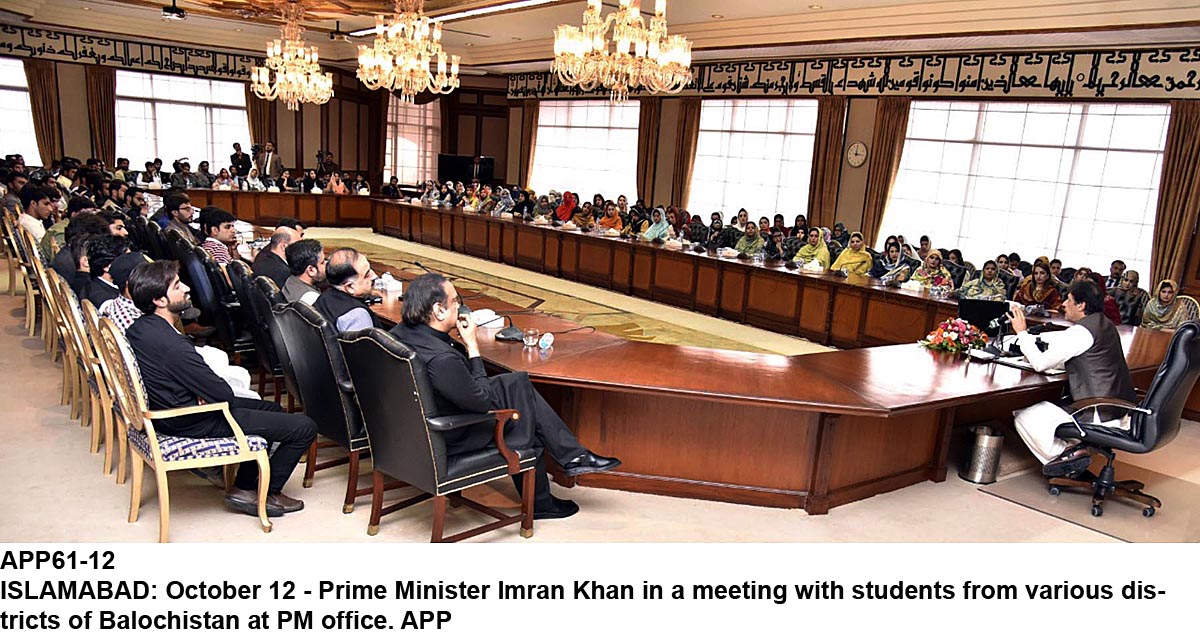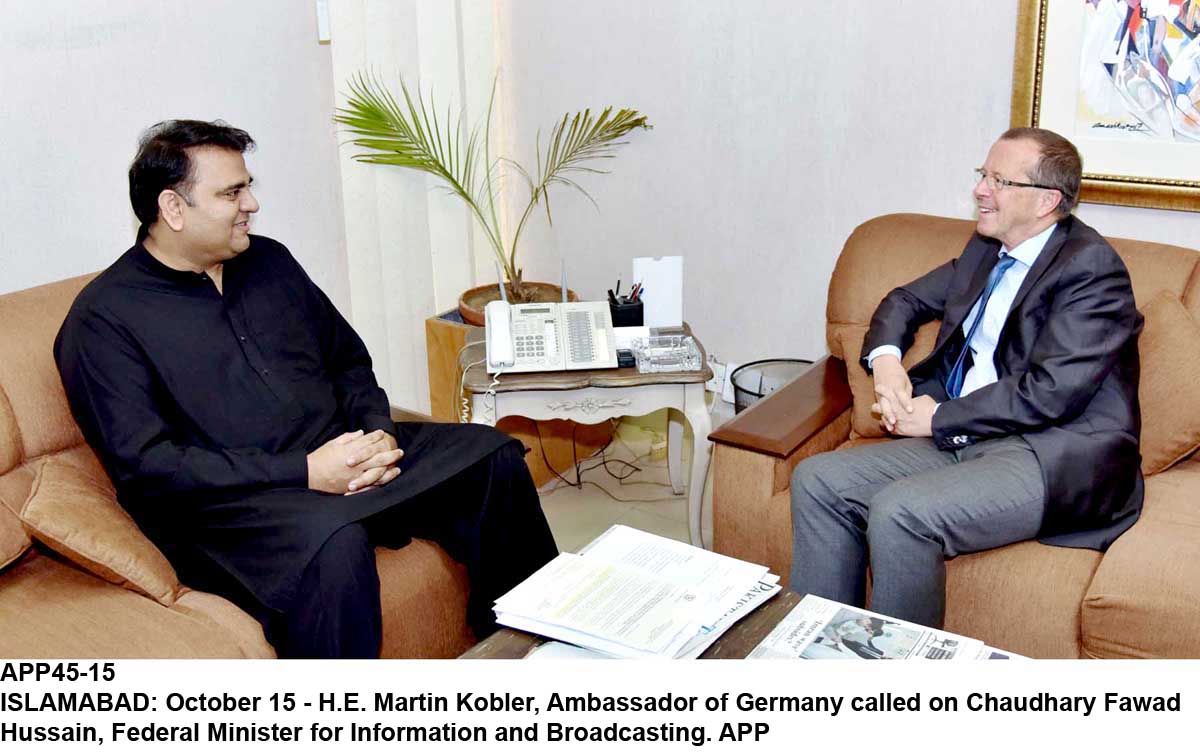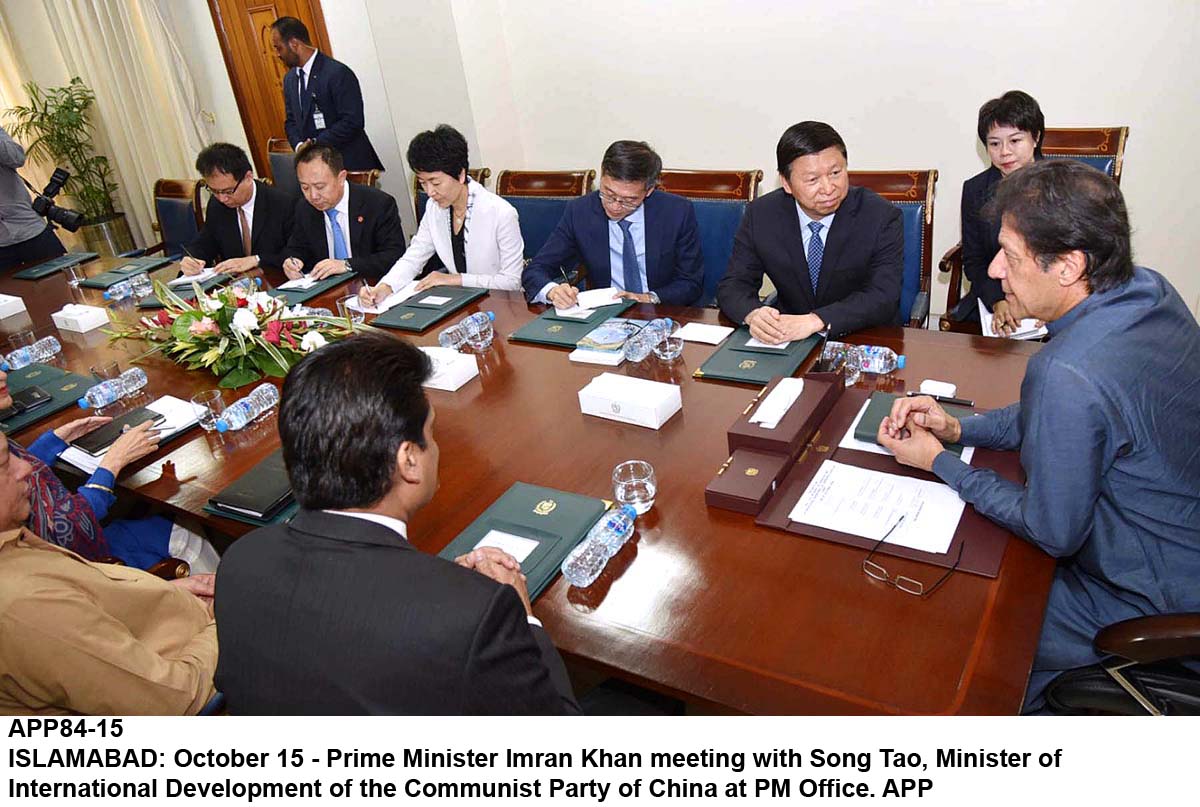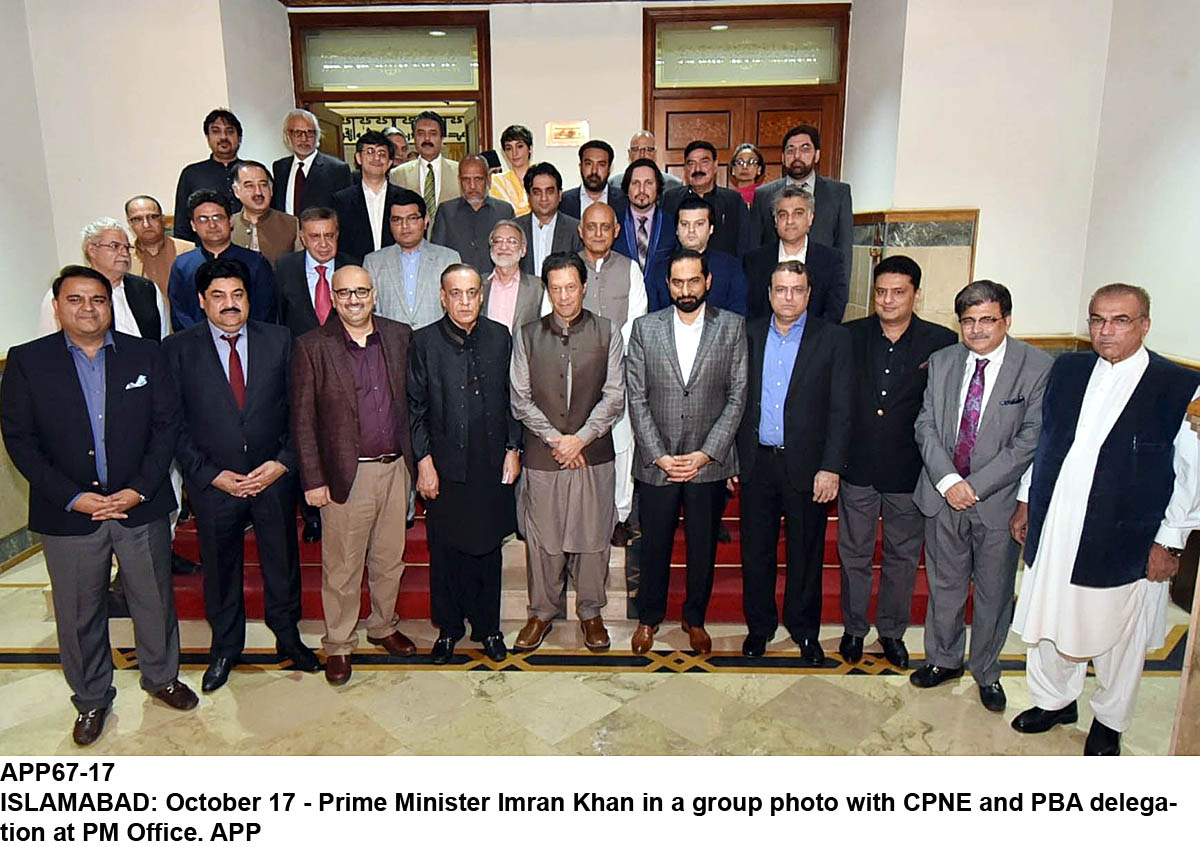
The two foreign ministers spoke amid spike in Taliban attacks on the Afghan security forces despite their ceasefire with the US-led NATO forces.
Afghan officials said Taliban killed over 30 security personnel and pro-government local militia in Takhar, Balkh and Uruzgan provinces in attacks on check posts.
TOLO TV reported that the Taliban have carried out over 2,160 attacks against government forces from March 6 to April 10.
The insurgents resumed attacks on the government forces after President Ashraf Ghani refused to release the Taliban prisoners unconditionally. Taliban want release of 5000 prisoners under their agreement with the United States signed in Qatar on February 29.
The Taliban have not commented on the attacks. They have rejected calls for reduction in violence and ceasefire with the Afghan forces, and accused the US of violating the agreement, the charge denied by a US military spokesman in Kabul.
Atmar and Qureshi spoke about the peace process and cooperation to contain the pandemic of the coronavirus.
“With AFG appreciation for Pak’s support for peace, we agreed to work together and with our regional partners on immediate humanitarian ceasefire, start of the intra-Afghan negotiation and release of prisoners by both AFG govt and Taliban,” Atmar tweeted.
Controversy over the prisoners issue delayed the intra-Afghan dialogue, which was scheduled to start on March 10.
The Afghan government has so far released 361 Taliban prisoners, while the Taliban freed 60 of the government’s people.
Atmar said both sides agreed on working together on counter-terrorism through Afghanistan-Pakistan Action Plan for Peace and Solidarity (APAPPS) mechanisms, building a better understanding of each other’s concerns, intelligence sharing from the Daesh leader Aslam Farooqi and his accomplices for mutual security and security cooperation in “our shared region constitute our top priorities.”
Afghan intelligence officials said earlier this month they arrested Farooqi, a Pakistani national from Orakzai tribal district, along with 19 Daesh operatives.
Kabul later rejected Islamabad’s request for his extradition and said he will be tried under Afghan laws as he has committed crimes in Afghanistan.
Atmar said he and Qureshi agreed to work on a joint economic cooperation framework, continued cooperation to facilitate bilateral trade and transit during COVID-19 crisis and reviewing feasibility of railway extension into Afghan border town of Spin Boldak and Torkham.
Both sides also discussed bilateral counter-COVID-19 strategy, the Afghan foreign minister said, adding he thanked Pakistan’s government and people for extending emergency support to Afghan refugees and support for bilateral trade and transit.
The Pakistani Foreign Office said the two foreign ministers discussed latest situation in the Afghan peace process and Foreign Minister Qureshi reiterated Pakistan’s “steadfast support” to the Afghan peace and reconciliation process, saying that the US-Taliban peace agreement provides a “historic opportunity” for the Afghan leadership to jointly work for the ultimate aim of a peaceful and stable Afghanistan.
“Pakistan will continue to support a peaceful, stable, united, democratic and prosperous Afghanistan, at peace with itself and with its neighbours,” a foreign office statement quoted the foreign minister as telling his Afghan counterpart.
“In view of COVID-19, Pakistan has taken a number of steps, at the request of the government of Afghanistan, to assist in movement of Afghan nationals and cargo trucks and containers,” Qureshi said and expressed the hope that Afghanistan would be able to control spread of COVID-19 effectively. Foreign Minister Qureshi also reiterated the importance of bilateral mechanisms, according to the statement. Qureshi hoped that the next session of APAPPS would be held soon, which would help further strengthen bilateral cooperation in various fields.
Atmar concurred with the Foreign Minister on utilizing existing mechanisms, including APAPPS, to take forward bilateral relations. He also appreciated steps taken by Pakistan to facilitate return of Afghan nationals and movement of cargo and trucks, in view of COVID-19.

